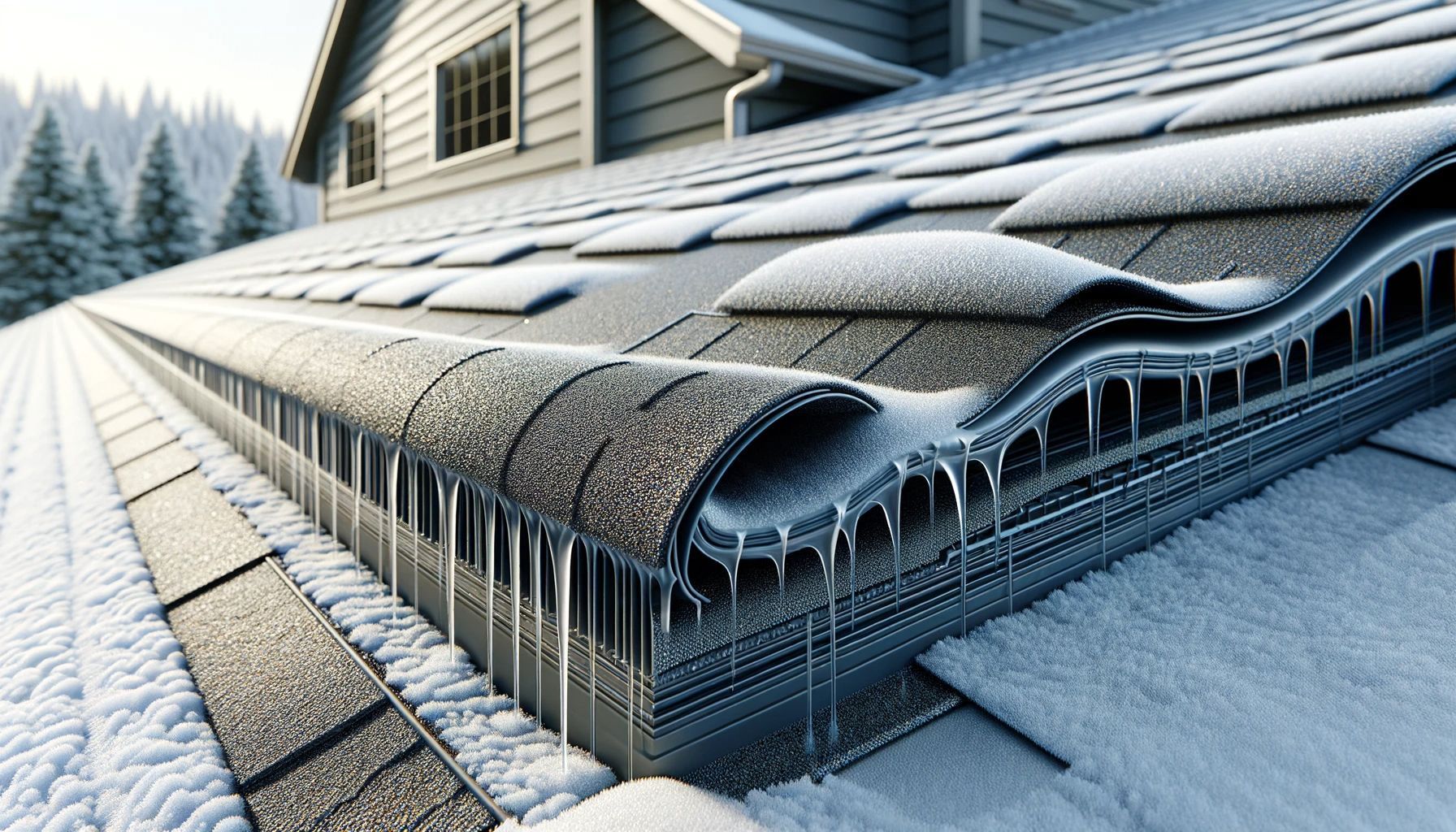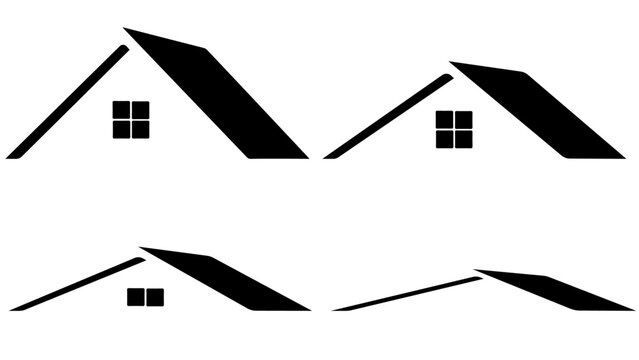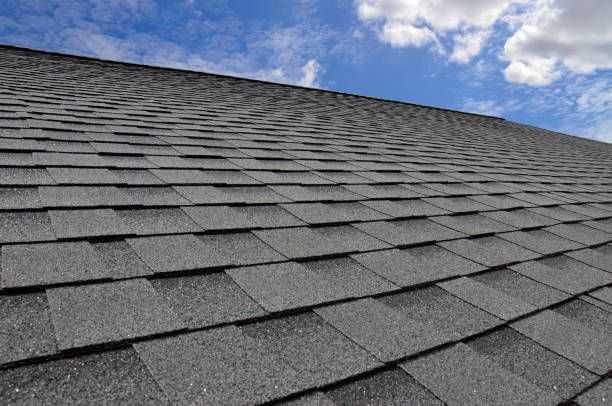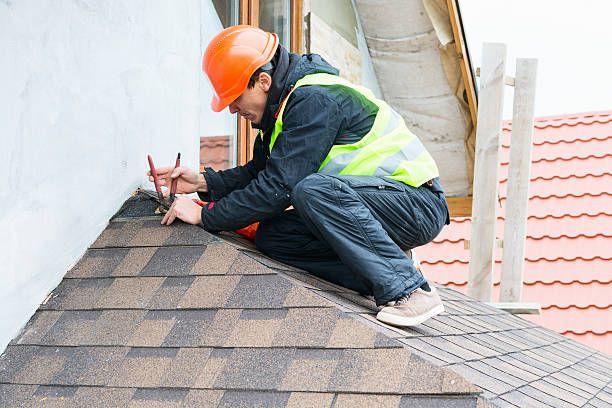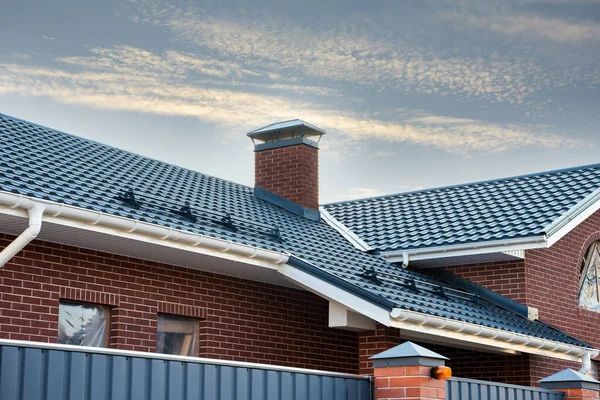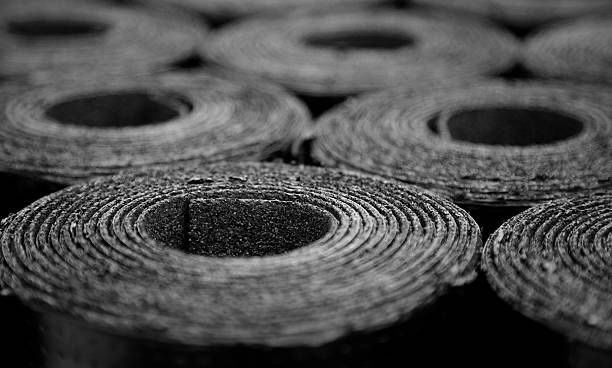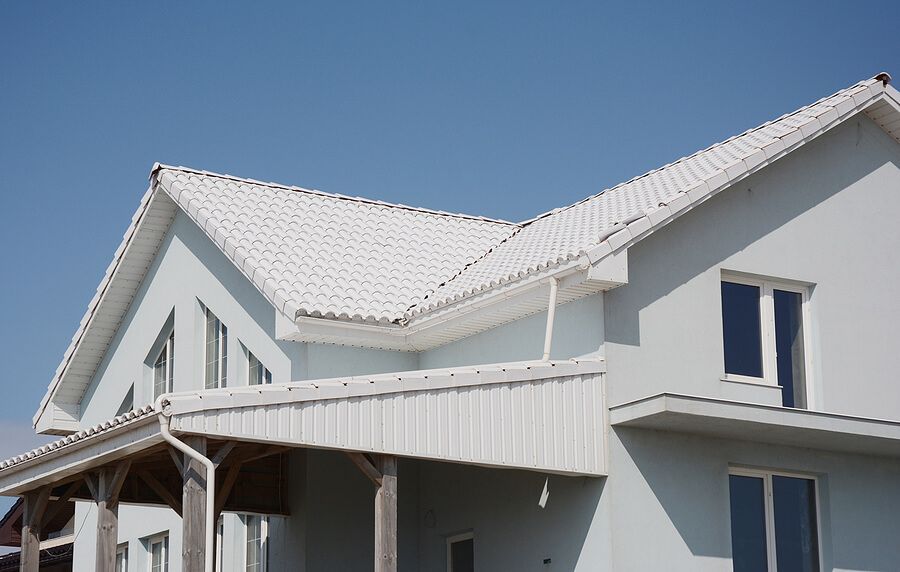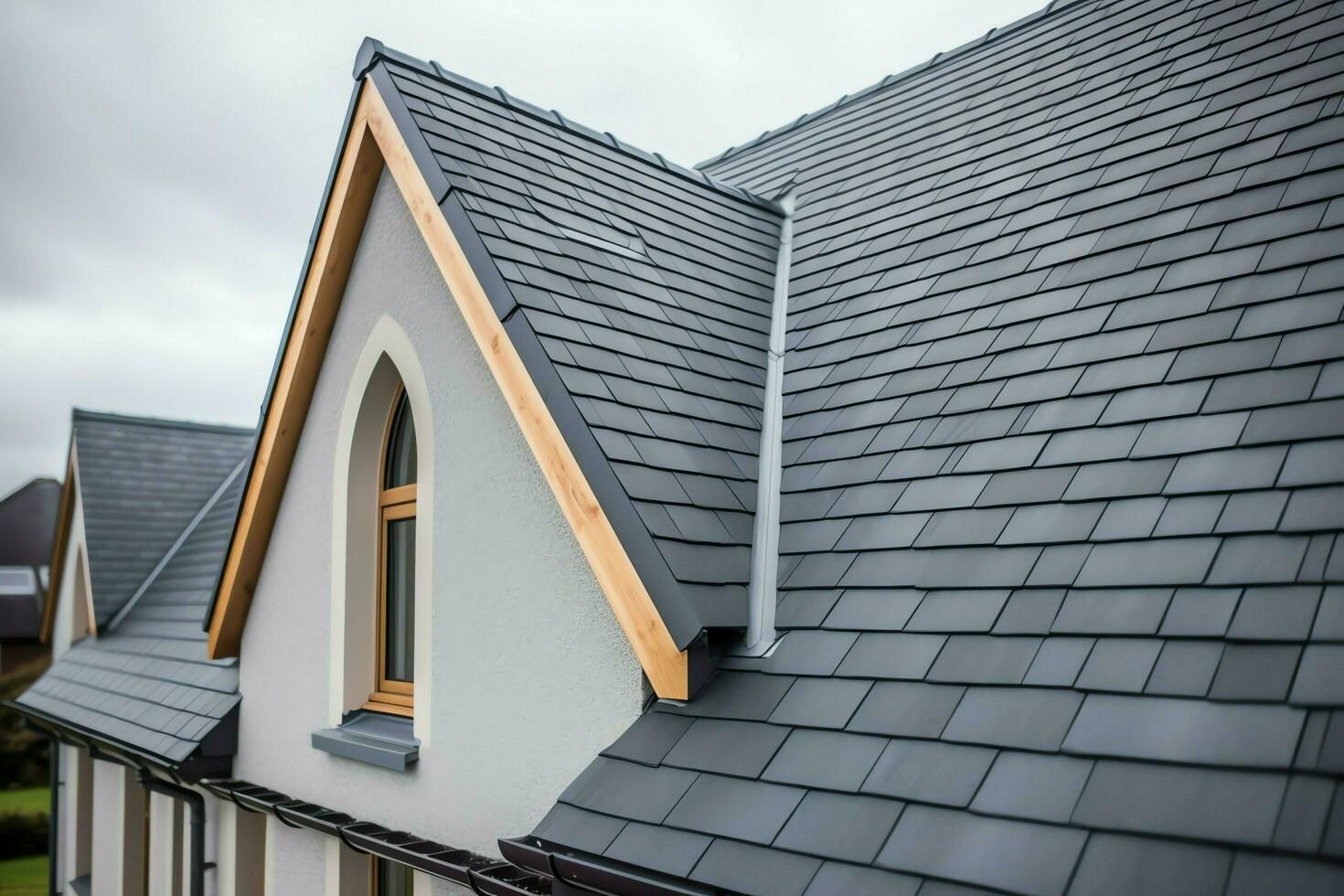Understanding Roof Warranties: What’s Covered and What’s Not
When investing in a new roof, homeowners often focus on materials, design, and cost, but one crucial aspect that shouldn’t be overlooked is the roof warranty. Roof warranties offer peace of mind by ensuring that you are protected if something goes wrong, but not all warranties are created equal. Understanding what’s covered—and what isn’t—can save you a lot of frustration down the road. Let’s break down the essentials of roof warranties and what you should be aware of when purchasing a new roof.
Types of Roof Warranties
There are typically two types of warranties that come with a roof installation:
1. Manufacturer’s Warranty (Product Warranty)
- This warranty is provided by the manufacturer of the roofing materials and typically covers defects in the materials themselves. If the shingles or roofing materials fail prematurely due to manufacturing flaws, the manufacturer will usually replace them.
2. Workmanship Warranty
- This warranty is provided by the roofing contractor and covers the installation process. It ensures that the roof was installed correctly and protects you if poor workmanship causes problems like leaks or structural damage.
What’s Covered Under a Roof Warranty?
Manufacturer’s Warranty
This usually covers:
- Defective Shingles or Materials: If a batch of shingles or roofing materials is found to be faulty, the manufacturer will replace the affected materials.
- Specific Time Period: Manufacturer warranties vary, but most cover between 20 to 50 years, depending on the material quality.
- Full Replacement or Prorated Coverage: Some warranties offer full replacement for a certain number of years before switching to prorated coverage, where you’re responsible for a percentage of the cost.
Workmanship Warranty
This covers:
- Installation Errors: If your roof leaks or experiences damage due to improper installation, your roofing contractor should repair the issue under this warranty.
- Labor Costs: The workmanship warranty often covers labor costs associated with fixing mistakes made during the installation process.
- Shorter Time Period: Workmanship warranties typically last between 2 and 10 years, so it's important to choose a reputable contractor like Alexander’s Roofing to ensure the job is done right the first time.
What’s Not Covered?
While warranties offer protection, they come with limitations. Here’s what’s commonly not covered:
1. Natural Wear and Tear
- Even the best roofing materials will wear down over time due to weather, sun exposure, and age. Warranties don’t cover normal aging or the gradual degradation of roofing materials.
2. Weather Damage
- Most roof warranties don’t cover damage from severe weather events such as hail, windstorms, hurricanes, or tornadoes. For this type of protection, homeowners need to rely on their homeowner’s insurance policy.
3. Poor Maintenance
- If damage occurs because the roof hasn’t been properly maintained (like clogged gutters leading to water backup), the warranty likely won’t cover repairs. Regular roof maintenance is key to avoiding voiding the warranty.
4. Improper Ventilation
- A common exclusion is damage caused by improper attic ventilation. Without proper airflow, heat and moisture can build up, shortening the lifespan of the roof. The warranty won’t cover this type of damage.
5. Unauthorized Repairs
- If you have someone other than the original contractor perform repairs on your roof, it can void the workmanship warranty. Stick with trusted professionals, like Alexander’s Roofing, to ensure your warranty remains valid.
6. Roof Modifications
- Adding features like skylights or solar panels can also void your warranty if not installed correctly or without the manufacturer’s approval. Always check your warranty before making modifications.
Maximizing Your Warranty
To make the most of your roof warranty, it’s important to:
- Register Your Warranty: Some warranties require registration to be valid. Make sure you follow all necessary steps after installation.
- Keep Records: Hold onto your warranty documents, proof of purchase, and records of any repairs or maintenance.
- Schedule Regular Inspections: Regular roof inspections can help catch problems early and prevent issues that might void your warranty.
- Work with a Trusted Contractor: Choose a roofing contractor like Alexander’s Roofing, which provides both reliable materials and workmanship, ensuring your warranty is in good hands.
Conclusion
Understanding your roof warranty is essential to protecting your investment. By knowing what’s covered and what isn’t, you can avoid surprises and ensure your roof lasts for decades. When you work with Alexander’s Roofing, we provide top-quality materials and expert installation, giving you the confidence that your roof—and your warranty—will stand the test of time. Ready to learn more about our roofing services and warranties?
Contact us today!
